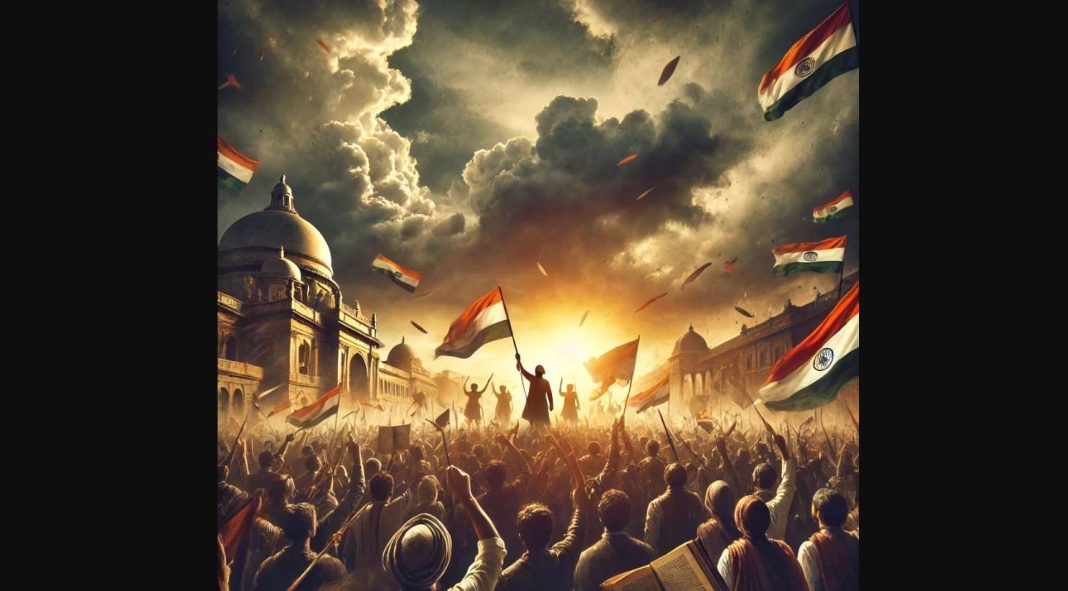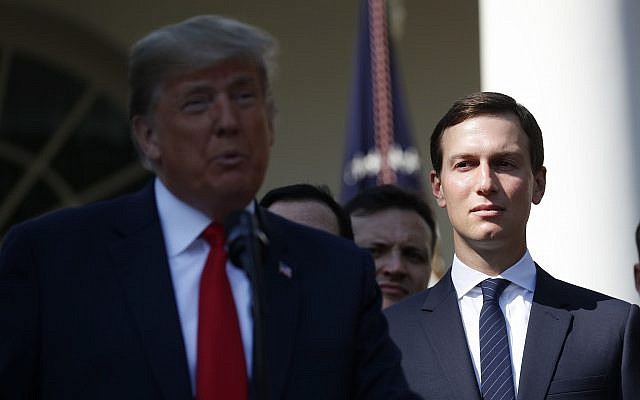I have repeatedly said that the next 15-20 years in Indian history will be a turbulent, stormy period that will culminate in creating a new political and social order, under which India rapidly modernizes and industrializes, the great evils of poverty, unemployment, child malnutrition, lack of proper healthcare, and good education, etc., which plague our country today, are largely abolished, and our people get decent lives. This period will witness a mighty united people’s struggle, which will be protracted and arduous, with many twists and turns, and in which tremendous sacrifices will have to be made.
The Power of Literature in Revolutionary Struggles
In this stormy period, great literature will be required to attack feudal forces like casteism and communalism and inspire people to perform heroic deeds, sometimes even at the cost of their lives.
For instance, the writings of Voltaire and Rousseau, which attacked feudalism and religious bigotry, inspired the people of France and led to the overthrow of the monarchy and the great French Revolution of 1789, which destroyed feudalism in France. Similarly, the writings of Thomas Paine (e.g., ‘Commonsense’) inspired the patriots in the American War of Independence (1775-81). The writings of Maxim Gorky (see his novel ‘Mother’ and his poem ‘Song of the Stormy Petrel’) inspired the Russian people and their Revolution in 1917. Urdu poetry like Bismil’s poem ‘Sarfaroshi ki tamanna ab hamaare dil mein hai’ inspired India’s freedom struggle, and Faiz’s poem ‘Hum dekhenge’ inspired Pakistanis in their fight against military dictatorship.
Urdu Poetry as a Tool for Resistance
I submit that Urdu poetry (in its simplified, and not highly Persianized, form) will be of great utility to the Indian people in this turbulent period.
This is because of the dual nature of Urdu, as explained in my article ‘What is Urdu.’.
As explained therein, Urdu is a language created by a combination of two languages: (1) Hindustani, or khadiboli, and (2) Persian. That is why at one time it was called Rekhta, which means hybrid. While the former is the language of the common man in large parts of urban India even today, the latter was the language of the aristocratic elite in India for centuries during Mughal rule and even thereafter.
Thus, while Urdu is the language of the common man (since its base is Hindustani, as its verbs are all in Hindustani), it also has the sophistication and polish of an aristocrat, since Persian was the language of aristocrats. While the content of Urdu poetry is the feelings, sorrows, and aspirations of the common man, they are expressed not exactly in the language of the common man but in a somewhat aristocratic and sophisticated manner, which gives it great power and elegance.
The Elegance and Power of Urdu Poetry
Take, for instance, Bismil’s verse ‘Sarfaroshi ki tamanna ab hamaare dil mein hai.’. If we write this in Hindi, it will become ‘Sheesh katwaane ki manokaamna ab hamaare hriday mein hai.’. Does this have the power and elegance of the former? It does not.
Or take Faiz’s verse ‘Bol ki lab azad hain tere, bol zubaan ab tak teri hai.’. In Hindi this becomes ‘Uchchaaran karo ki onth swatantra hain tumhaare, uchchaaran karo ki jivha ab tak tumhaari hai.’. Does this have the power and elegance of the former? It does not.
I am not against Hindi. It is my mother tongue, so how can I be against it? But the truth is that modern Hindi poetry does not have the power and elegance that Urdu poetry has.
Read More: The Long March to India’s Socio-Economic Emancipation
In fact, in many agitations and protests in India, students recited and sang Faiz’s poem ‘Hum Dekhenge’ and Habib Jalib’s poems ‘Main nahi maanta’ and ‘Hukmaraan ho gaye kameene log.’
I conclude with my own sher (couplet):
‘Hum inquilaabiyon ko naya jahaan banaana hai magar
Yeh safar hai mashaqqat-o-museebaten liye hue’
i.e.
We, revolutionaries, have to create a new world.
But this journey is full of toil and difficulties.
Markandey Katju is an Indian jurist and former Supreme Court judge of India who served as chairman for the Press Council of India. He has also worked as Standing Counsel for the Income Tax Department. The views expressed in this article are the author’s own and do not necessarily reflect the editorial policy of Global Village Space.














